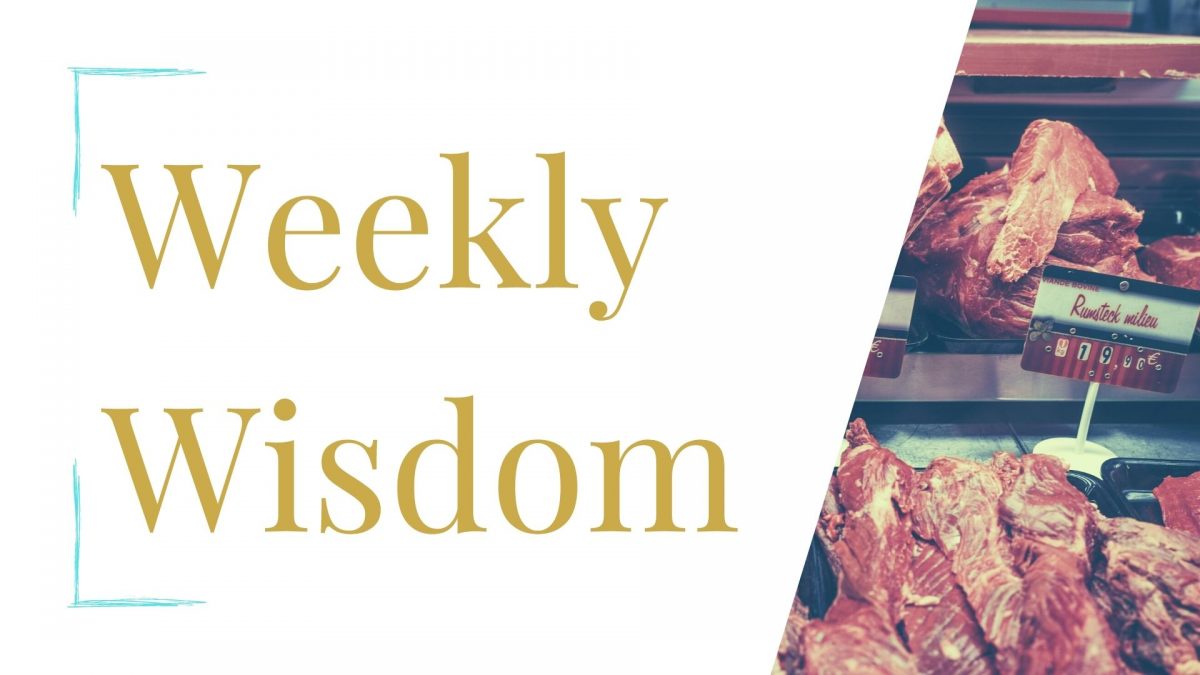Hello Everyone
Welcome to Weekly Wisdom, your weekly dose of highlights, quotes and notes from my notebook. If you would like to receive this in your inbox, subscribe now.
I am working on multiple projects this week, including a translation and a mobile app. So no new blog post. I do have one from the archive that I think you would like.
- Humanity Lives For Trash: It is shocking how much of human effort goes in to managing trash and it still in unmanageable. We have trash heaps floating in oceans that are bigger than many countries. In this essay from 2020, I explored this and other ideas related to trash.
This weeks quotes:
Childhood & Agency
Child Labor is one of the greatest ills we inherited from the Industrial Age. But in trying to counter it, we have over corrected. In this essay on the Agency of Childhood, or Lack thereof, programmer Simon Saris explores the lack of meaningful opportunities for children and how it creates discord inside them.
Who could blame young adults for thinking that work is fake and meaningless if we prescribe fake and meaningless work for the first two decades of their existence? By confining meaningful work to an adult-only activity, it is little wonder that adolescence is a period of great depression. It would be surprising if it was not. Even for smart children, education endlessly ushers them towards an often far and always abstract future, so far and abstract that some children seem to apprise the opposite of agency, they take on a learned helplessness, and downplay that the future is a reality at all.
—Simon Saris, The Most Precious Resource is Agency
The Greater Filter
Robin Hanson shares his thoughts on the implication of the latest news on UFO’s released by the US Navy.
Looking out further and in more detail at the universe and still finding it dead suggests the total filter is larger, which is bad news. And finding any evidence of anything other than death suggests the filter is smaller up to the level of that finding, but doesn’t revise our estimate of the total filter. Which is bad news re our future. Thus a perhaps surprising conclusion: finding anything other than a big visible civilization out there is bad news re our future prospects for becoming big and visible.
—Robin Hanson, Seeing ANYTHING Other Than Huge-Civ Is Bad News
Dancing with ourselves
When I started this blog, I wrote about the searching the shape of my ideas. What I was really expressing was this. The only difference here is I looked inward while Polina looks outwards. A great read from her as always.
As I explored the root of this, I found that writers I’ve studied have one thing in common: They write because they’re paranoid about being misunderstood. It’s about the innate satisfaction they experience when they adequately translate their inner world into writing that makes total strangers feel what they feel and see what they see.
—Polina Marinova Pompliano, The Profile: The dealmaker who didn’t do his diligence & the biotech giant taking on HIV
Seeing Death
It is great happenstance that I came across this quote from last year, on the eve of Eid-al-Adha, the Muslim festival of animal sacrifice. Eid-al-Adha has been sanitized and industrialized in most Muslim majority and dominant states. But not in my home country, Pakistan. I still remember the first time I saw this ritual. I was 5 or 6. It was…not really that exciting. The bloody and interesting(or scary, depending on your constitution) part ends in minutes. Butchering a cow, turning it into ‘food’ is a slow, methodical process. I was quite bored[1].
However it gave me an appreciation of the work that goes into my food that stays with me to this day. It also provided the base on which I built my views on humanity, life and death. I, like author David Perell, do believe that by abstracting the process, we are creating a culture of sanitization that distances our own selves from our own nature.
In modern life, we are disassociated from death. We look down upon people who hunt to harvest their own meat, just as we support industrial production pipelines that distance us from the animals we eat. As they say, ignorance is bliss. This weekend was a taste of reality. I watched an animal die in front of me. Within 24 hours, we had skinned it, quartered it, cooked it, and eaten it. By doing so, we ensured that every edible part of the animal would be consumed. This is the most ethical way to harvest an animal because of the way it minimizes suffering. It lines up with how our ancestors provided for themselves, and besides, we only pursued animals that put the natural ecology of Texas land out of balance.
When it comes to nature, it’s no coincidence that hunters have historically doubled as the most passionate conservationists. They worship the animals that feed them and the land that sustains them. By harvesting their own meat, they develop a healthy relationship with death and gain a connection with animals that industrialized people do not have.
—David Perrell, Monday Musings (Books, Grace, Nature, Disabilities)
[1]This is not to say that if you did find the blood and guts scary as a child, then there is something wrong with you. I decided I wanted to see it and it could have gone either way for me. I want my child to make the same choice on his own accord as well. All children should have this choice.
Thank you for joining me this week. If you know some who might enjoy this, please forward this email to them. See you next week.
Mudassir Chapra


2 replies on “Meat Production & Death—Weekly Wisdom 20th July 2021”
Salam Mudassir, very good effort and very thoughtful topics and commentary!
Thank you